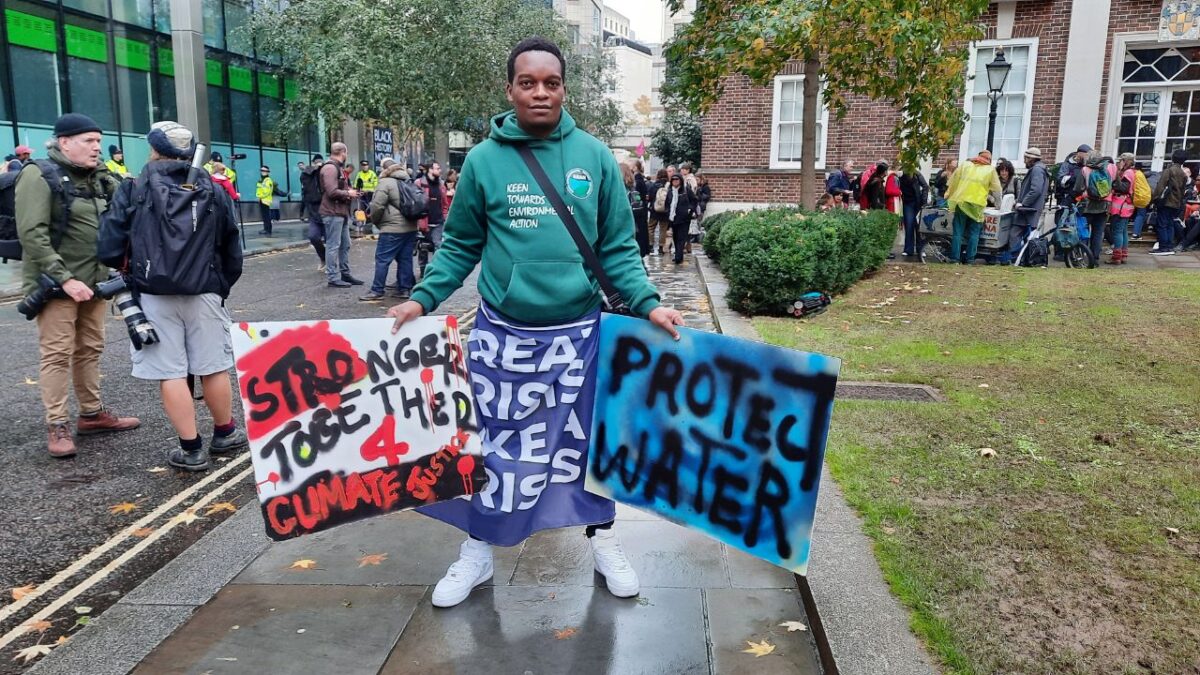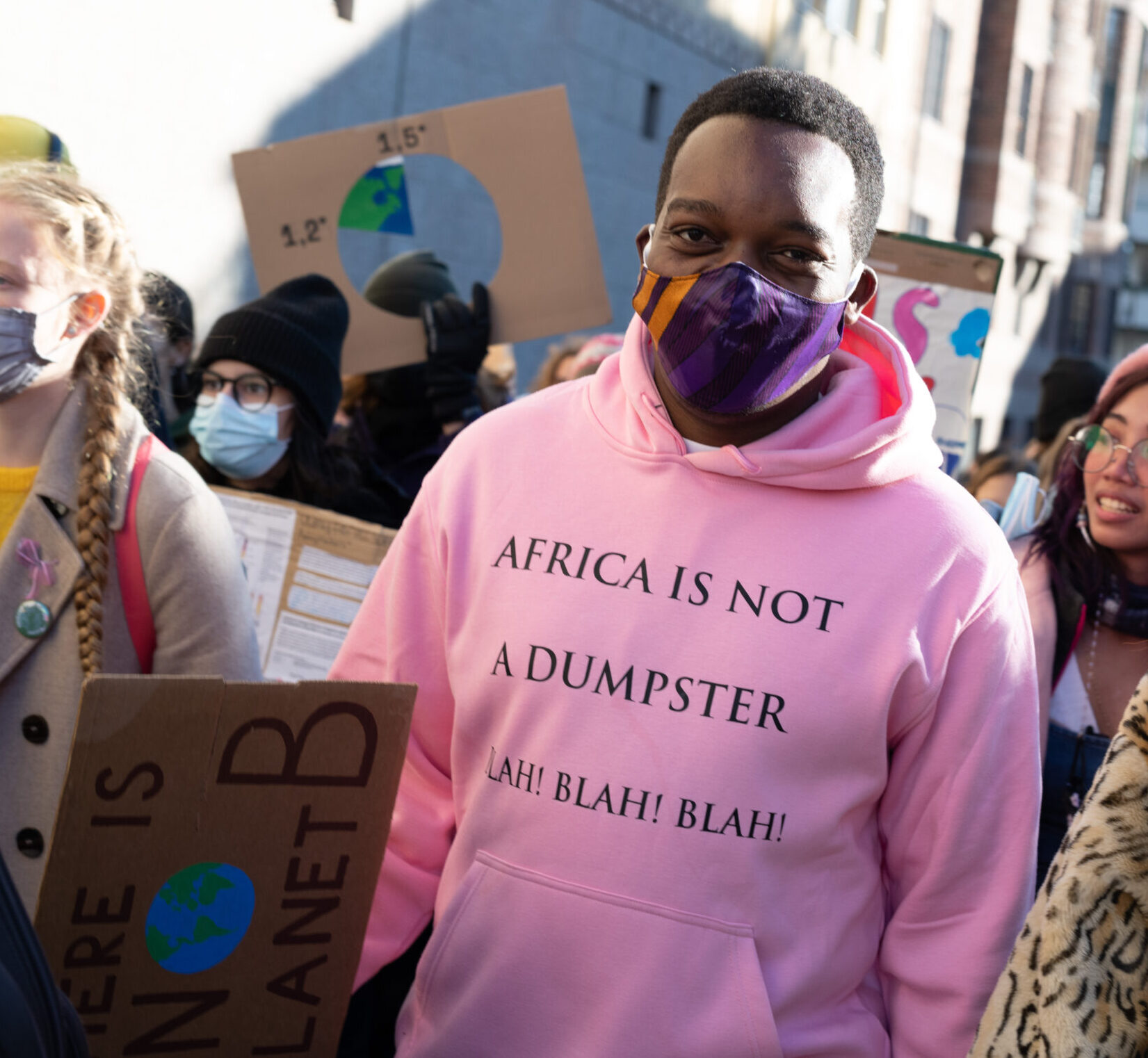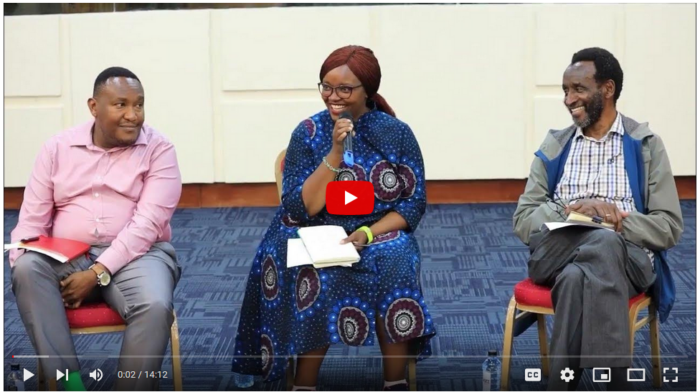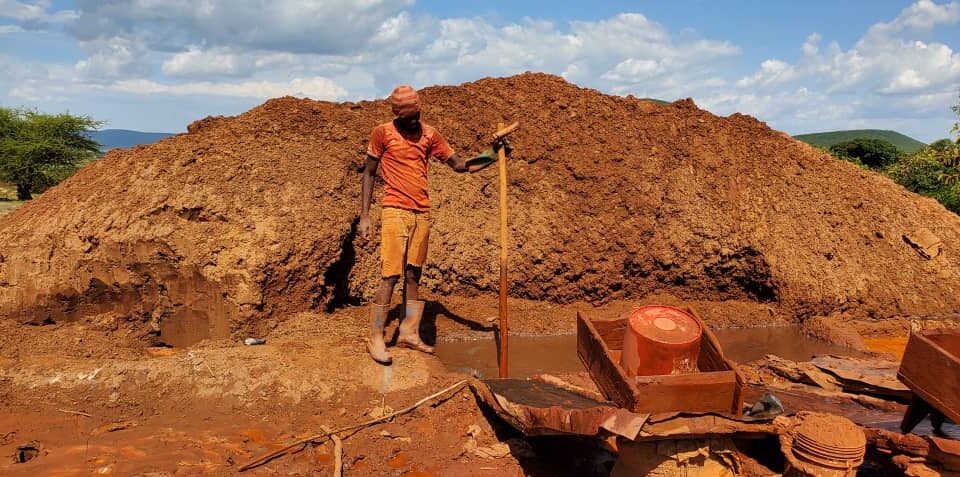A Kenyan activist’s verdict on climate change negotiations

Making housing more affordable in Nigeria
September 30, 2021
Refugiados para refugiados: entrevista con Eliasib Amet Herrera de Colombia
January 10, 2022In my six years as a blogger, my greatest challenge has been to amplify the voices of climate change activists from the Global South. Climate change negotiations, like the Conference of the Parties or COP26 that took place in Glasgow, UK earlier this month, hardly take into consideration the demands of these advocates although they express the views of the people most impacted by climate change in the world.
It’s therefore with great interest that I have met with Kevin Mtai from Kenya. Kevin, a medical laboratory technologist by profession, currently engages on fighting for climate change in a variety of roles, including as the Africa Regional Coordinator of Earth Uprising, the co-founder of Kenya Environmental Activists Network (KEAN), campaigner with Food At COP and the organiser of Fridays for Future climate strikes in different parts of Kenya. In Glasgow, he was one of the most vocal Southern activists and prominent civil society figures.
Hi Kevin, thank you for agreeing to speak with me. Tell me a bit about yourself and why you have decided to become a climate change activist.
I am a climate change activist and environmentalist from Soy, a town near Eldoret in Western Kenya. I was born and raised in one the biggest slums in Africa called Kibra in Nairobi. My mom passed away when I was little and the cause of her death was drinking contaminated water in the slum, at least that’s what my grandmother told me when she decided to take me back to the village. I went on to college to study medical laboratory science and developed a passion for the environment and climate change issues. After losing my mother to pollution, I decided to fully venture to protect and conserve the environment. I was able to learn about climate change through research and management of different projects like planting trees, organising campaigns and strikes.
After graduating from Kenya Medical College, I decided to engage on climate change more proactively. Earlier this year, together with other activists we were able to get invitations to go to COP26. First, we spent two weeks in Sweden, then we went to London for five days and then to Glasgow for another couple of weeks with advocates from MAPA, the Most Affected People and Areas coalition.
I will stay in the UK for another month to follow up on COP26 with several institutions, then I’ll go back to Kenya in late December.
How is climate change impacting Kenya and neighbouring countries?
In Kenya we are experiencing a drought at the moment but our government is not taking action. They only act when it’s election campaign time. Two-three million people are going to suffer because of the drought. Animals are dying. Our country has a lot of natural resources – we have lakes, rivers and so much water we could channel it [to drought-stricken areas] but our politicians seek profit, rather than their people’s wellbeing.
What was your experience at COP26? What’s your verdict on this year’s climate change negotiations?
After decades of negotiations, I had higher expectations. My reaction is mixed. There was a lot of ‘greenwashing’ [a marketing strategy to deceive the public into believing that a company’s products are environmentally friendly] by lobbying groups and oil companies. Indigenous people were not included. The meeting was not ambitious enough. A lot of promises were broken, particularly in terms of [compensating for] loss and damage in Africa.
Even on site in Glasgow, we were disappointed by the lack of diversity in the food available and plant-based food. The food was mainly from the West and too expensive for youths who attended the conference. It was a sort of colonising approach. We were expecting a variety of foods from all over the world, like traditional food African people would eat.
Have you seen a change in how these negotiations include Southern voices in recent years?
I followed the negotiations and it was just people talking. The only conference where people tried their best was COP21 in Paris in 2015. The Paris agreement was good policy. I sincerely hoped this COP would be similar and people would be open-minded. It really boils down to good leadership. We also need to include people from affected areas, indigenous groups, youths, etc. When you see these groups in climate strikes, you realise people are tired. We had over 100,000 people marching in the street and demanding change in Glasgow.
Do you coordinate your actions with advocates from the Global North or do you prefer to follow a separate track?
We’ve been working with them for three years now. Climate change affects everyone and [in the lead up to Glasgow] we wanted to organise a campaign with a collective voice. We discuss Fridays for Future meetings and talk about upcoming campaigns. We use WhatsApp and other platforms to keep in touch. Fridays for Future is a very broad movement. [As activists from the Global South], we also wanted to have a group where we could discuss climate issues with people from the most affected areas, thus we came up with Fridays for Future MAPA.
How are you continuing your work post-COP26? Will you still organise climate strikes?
We are already preparing for COP27 in Egypt with different online campaigns and events, more discussions and information exchanges. The next conference may be different because this year leaders have felt the pressure from youths. We hope they will learn that youths are tired of waiting.
What is your main recommendation to governments? And to the general public?
We need to come together as one voice from Africa. African leaders were not very active at the conference. There were originally 300 delegates from Kenya. Of these, only 20 could sit at the negotiating table. Usually [these delegates] bring their friends and family instead of climate change experts and activists. In simple terms, they are ‘climate tourists’. Most of these people sleep during negotiations. They come with a party badge. Other African countries do the same.
To the wider public I ask to support us in our fight to change the system and include representatives from the most affected areas, indigenous and youths [in climate change negotiations].
Photo credit: Kevin Mtai





